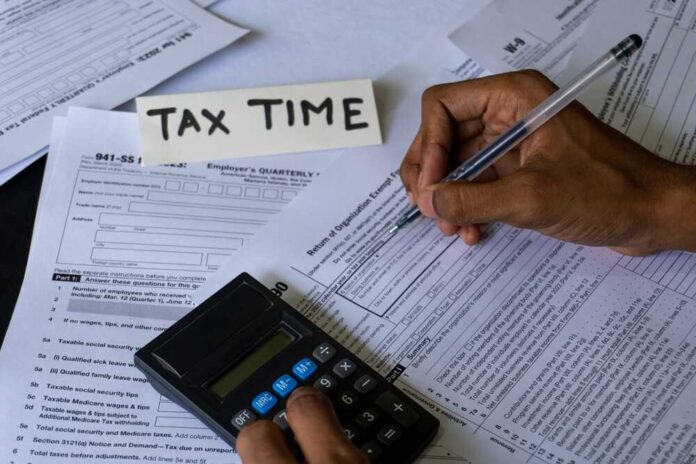According to a media outlet, the Internal Revenue Service gave nearly all Californians as long as Oct. 16 to submit their 2022 returns and make payments of any amount due in the wake of deadly winter storms.
However, many people who have already submitted their 2022 federal tax returns with an outstanding balance owed have begun receiving CP14 notices from the IRS for the taxes owed and the due date of June 26, or they will suffer penalties.
Six customers of San Francisco CPA Richard Pon have informed him that they had received similar letters. One consumer was advised by IRS customer support that she needed to wait until October 15 to pay late because the day she filed, the tax bill was due. They promised to call her back when she asked for a supervisor.
Pon said that the notification and the agent’s reaction were wrong in light of the three press releases that served as advice. There is no mention that filing early would disqualify someone from receiving the relief.
The California Franchise Tax Board extended the filing date for state taxes in accordance with the federal government. Pon said that he is unaware of customers who have received California FTB notifications demanding payment.
According to an online outlet, The United States did not have a tax collection agency at its inception and did not require one during the first eighty years of its existence. Customs duties and state-collected sales taxes on alcohol, sugar, and tobacco mostly sustained the significantly smaller government of that period.
In 1862, President Abraham Lincoln successfully persuaded Congress to establish the first federal income tax and established the Bureau of Internal Revenue to gather it in order to pay for the massive costs of fighting the Civil War.
Seven years following the Civil War, the income tax was removed, and taxes on tobacco and alcohol once again became the primary means by which the government funded its activities.
However, reformers in the early twentieth century’s Progressive Era believed such taxes unjustly punished the poor. Meanwhile, advocates of a more robust military sought additional funding.
The permanent implementation of the income tax occurred with the ratification of the 16th Amendment in 1913.














